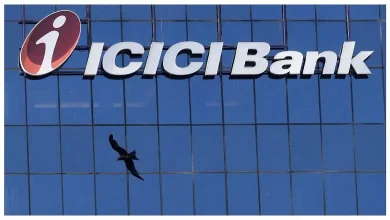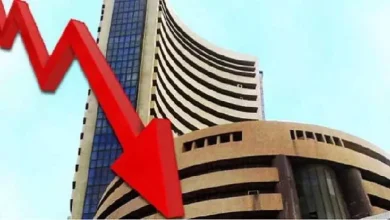Make money from share market ‘housefull’, keep in mind ‘dabba trading’

If you invest in share market then you must read this story today. The Mumbai Crime Branch has arrested Jatin Suresh Mehta, 45, living in Kandivali East. Mehta is accused of running a ‘dabba trading’ racket and has transacted shares worth Rs 4,672 crore within 4 months. Now you must be wondering what is this ‘Dabba Trading’? Is your broker involved in this too? Is all your money invested in share market safe or not? Here you will get all the information, first of all tell that this ‘dabba trading’ of Jatin Suresh Mehta has caused a loss of Rs 1.95 crore to the exchequer of the central and state government. He has been produced in the court, from where he has been sent to police custody till 26 June. Now let’s talk about ‘Dabba Trading’…
What is ‘Dibba Trading’?
You can also consider ‘Dabba Trading’ as the ‘Black Market’ or ‘Satta’ of shares. In this type of trading, a cash transaction takes place between a broker (also known as a dabba broker) and an investor for the purchase and sale of shares. Due to cash transactions, these transactions are outside the purview of banking and regulators like SEBI etc. So people do dabba trading to save tax.
Will money really double in 25 days?
Now in this type of share trading dabba broker neither have any registration nor have any license from SEBI. That is, if he goes missing, only the crime branch can catch him after hard work, we and you cannot catch him. This is because there is no regulatory control over it. Do you remember the line ’25 din mein paisa double’ from ‘Phir Hera Pheri’, in which Bipasha Basu vanishes with people’s money.
How is ‘Dibba Trading’ done?
The method of dabba trading is also very simple, so people are attracted towards it. Dabba trading is share trading outside the purview of stock exchange or SEBI. Let us understand this with an example… Suppose the share of a company ABC is at Rs.1000 and an investor has made a deal with Dabba Broker to reach Rs.1500. Now if the share price reaches Rs 1500, the broker will pay the investor accordingly, but if the same Rs 1000 share remains at Rs 800, the investor will pay Rs 200 to the broker.





